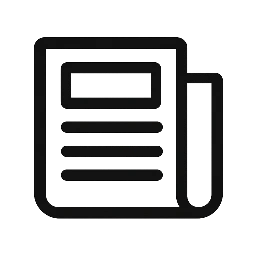The Ultimate Guide to Facial Tissue Machine: Boosting Production Efficiency
Facial tissue machines are essential for manufacturing soft, hygienic tissues used daily. These automated systems transform raw paper materials into finished products efficiently, meeting global demand. In this guide, we explore how optimizing these machines can elevate your production line, reduce costs, and improve output quality. Whether you’re a manufacturer or industry enthusiast, understanding these innovations is key to staying competitive.
Key Components and Functionality
Modern facial tissue machines integrate advanced components like unwinders, embossing units, and folding systems. They handle high-speed operations, ensuring consistent perforation and packaging. For instance, automated controls adjust tension and speed, minimizing waste. By leveraging these features, businesses achieve higher throughput with minimal downtime.
Automation and Precision Engineering
Automation is revolutionizing tissue production. Smart sensors and PLC systems enable real-time monitoring, detecting issues like jams or misalignments early. This precision reduces manual intervention, boosting efficiency. Additionally, energy-efficient designs cut power consumption, aligning with sustainable practices.
Benefits of Upgrading Your Equipment
Investing in a state-of-the-art Facial Tissue Machine offers tangible advantages. Enhanced speed and accuracy lead to faster order fulfillment, while improved product quality builds brand loyalty. Moreover, modular designs allow easy customization for various tissue sizes and patterns, catering to diverse market needs.
Cost Savings and ROI
Upgrades often pay for themselves through reduced labor and material costs. For example, efficient log saws and packaging units lower operational expenses. Calculate your ROI by assessing production gains against initial investment—many users report breakeven within months.
Common Questions Answered
How do I maintain a facial tissue machine?
Regular cleaning, lubrication, and part inspections prevent breakdowns. Follow manufacturer guidelines for optimal performance.
What production speeds can I expect?
Speeds vary by model, but advanced machines output 200-500 meters per minute, depending on configuration.
Can these machines handle recycled materials?
Yes, many models support eco-friendly inputs, though adjustments may be needed for consistency.
Maximize Your Output Today
Ready to revolutionize your production? Explore cutting-edge solutions tailored to your needs. From automated controls to sustainable designs, the right equipment transforms efficiency. Contact us now for a personalized consultation and boost your manufacturing capabilities!

Leave a Reply